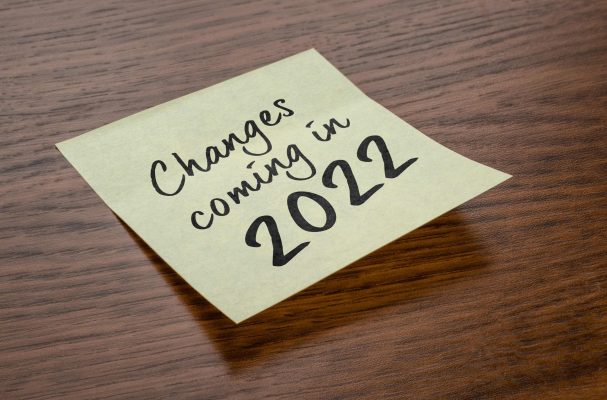2021 witnessed landmark passage of new laws on recycling and packaging policy, and 2022 is becoming a year of conflicting state perspectives over potential new laws that will govern how flexible packaging is made and managed at its end-of-life. These trends continue to be driven by concerns by the public and policymakers with plastic pollution.
In 2021, Maine and Oregon passed extended producer responsibility (EPR) for packaging laws, and California passed a first-in-the-nation recyclability labeling law that creates unique state-specific requirements. Earlier this year, Washington and New Jersey passed recycled content laws. Within each of these policies, there are differing perspectives on what is the best way forward to improve recycling.
This year, more states are debating packaging issues. These debates, at times, are taking contrasting views over the role of producers in recycling systems and how requirements are developed. Over 20 states are extensively working on packaging issues. Here is a look at some of those efforts:
California
The Recycling and Plastic Pollution Reduction Act has now been certified to be on the November 2022 statewide ballot for a vote. Despite this, negotiations around a bill to avoid the ballot process continue around Senate Bill 54 that might become a modified version of EPR with recycling rate mandates. Additionally, new proposals are being introduced to ban some e-commerce packages.
Maryland
Following productive work in 2021 with Delegate Brooke Lierman and Senator Malcolm Augustine, key stakeholders are hopeful that legislation in 2022 can offer a collaborative “model” for addressing EPR for packaging. This bill has had hearings in the House and Senate and is awaiting votes in each chamber.
Connecticut
The Department of Energy & Environmental Protection reached out early, going into 2022 to work with industry stakeholders to develop concepts. This bill was formally introduced in mid-February. Additional amendments remain important for the legislation togain broader support.
New York
Following a strong push in the State Senate in 2021, this year, Governor Kathy Hochul now included a version of EPR in her executive budget for consideration. While significant concerns remain, there is increased pressure to see if an agreement can be reached with stakeholders and the legislature.
Washington State
Following the passage of a recycled content law for rigid plastic packages in 2021, Senator Mona Das sought passage of an EPR for packaging legislation. It was gaining support but ran out of time to be accomplished in 2022.
Hawaii
Numerous bills have been introduced in Hawaii. As the process moves forward in 2022, a flawed EPR bill for packaging is the main proposal that remains active.
Rhode Island
Rhode Island has an EPR bill in both the House and the Senate that is extremely problematic. Not only does it not reflect well-crafted EPR, but it also attempts to incorporate a very broad toxicity policy, as well as unachievable PCR mandates and restrictions on the use of advanced technology into the overall EPR scheme.
Andy Hackman is a lobbyist with Serlin Haley based in Washington, D.C.
